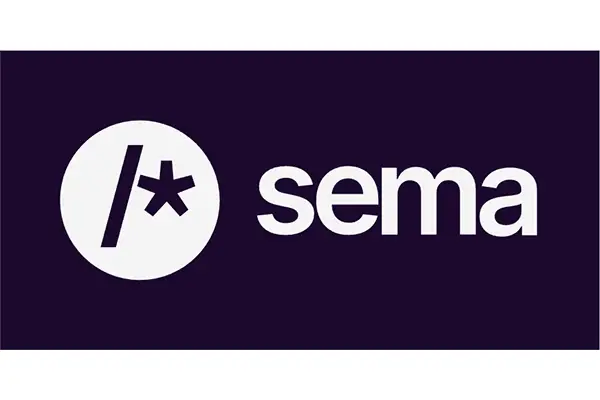Boost Your VC-Backed Startup’s Financial Potential with Kruze Consulting’s Fractional CFO Services
Are you a VC-backed startup trying to address complex financial challenges?
Kruze Consulting’s fractional CFO services provide the expert guidance you need to accelerate growth and maximize your funding potential.
With a part-time CFO from Kruze Consulting, you’ll have the financial expertise to build a strong financial foundation for your venture-backed startup.

VC-funded startups need to watch every penny, and our experienced CFOs offer high-level expertise tailored to your startup’s specific needs, helping you make informed decisions, streamline financial operations, and prepare investor-ready financials – all at a fraction of the cost of a full-time executive.
How Can Kruze Fractional CFOs Benefit Your Startup?
Strategic Financial Leadership
Gain access to seasoned CFOs with extensive startup experience, helping you make informed decisions and optimize your financial strategy.
Cost-Effective Expertise
Get high-level financial oversight without the expense of a full-time executive, tailored to your startup’s specific needs and budget.
Fundraising Support
Receive expert assistance in preparing for funding rounds, including financial projections and pitch deck reviews. Our team ensures your financials are ready for VC due diligence, increasing your chances of securing funding.
Contact Us for a Free Consultation
Kruze Consulting specializes in startup accounting, relying on experienced accounting, tax, and finance professionals, using best-in-breed financial tools and systems.
Kruze Consulting Financial Services
Financial Planning and Analysis
Develop detailed financial models, budgets, and forecasts to guide your startup’s growth.
Operational Support
Coordinate and provide advice on operational details like financial reporting, monthly book closure, and contract negotiations.
Cash Flow Management
Optimize your burn rate and implement strategies to extend your runway.
Case Study
Sema Technologies
Sema Technologies partnered with Kruze Consulting for expert startup accounting, tax services, financial modeling, and accounts receivable management.


"When we were anticipating a fundraise, Kruze built an extremely high-quality financial model that was really good. They made it so easy for me as a busy CEO to just provide input without having to build the model itself."


"Kruze’s accounts receivable team has completely overhauled our process, taking the weight off my shoulders operationally. They built a really well-running machine that’s reduced our aging receivables by more than 70%."
Frequently Asked Questions
Small to mid-sized businesses that have surpassed $1 million in annual revenue typically find the most value in fractional CFO services.
A fractional CFO provides high-level financial strategy on an as-needed basis, offering expertise without the cost of a full-time salary and benefits.
We schedule regular monthly or quarterly meetings to review financials and discuss strategy, but we’re always available for urgent needs or questions.
Absolutely. We complement your existing team, providing strategic oversight while they handle day-to-day operations.











